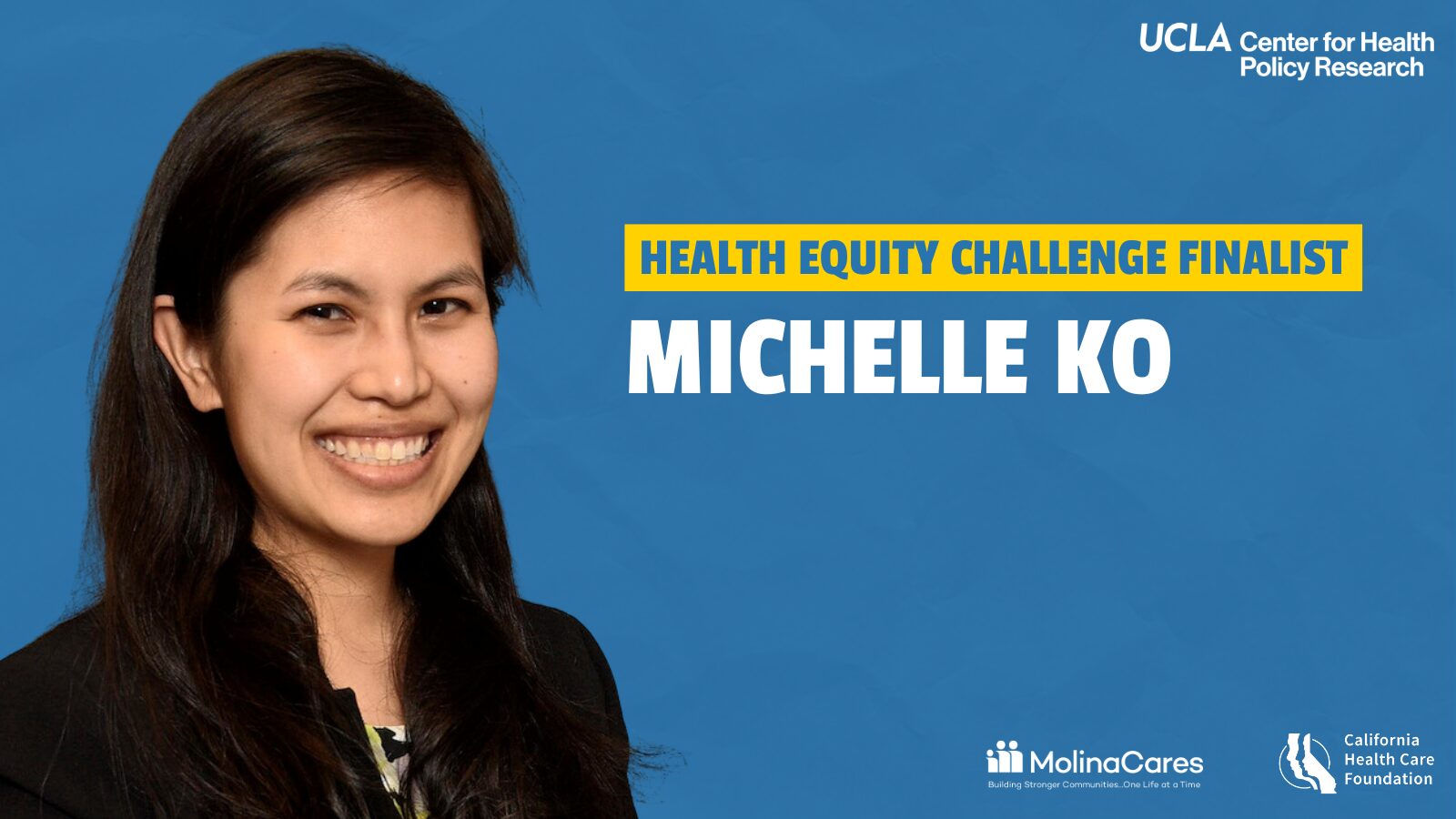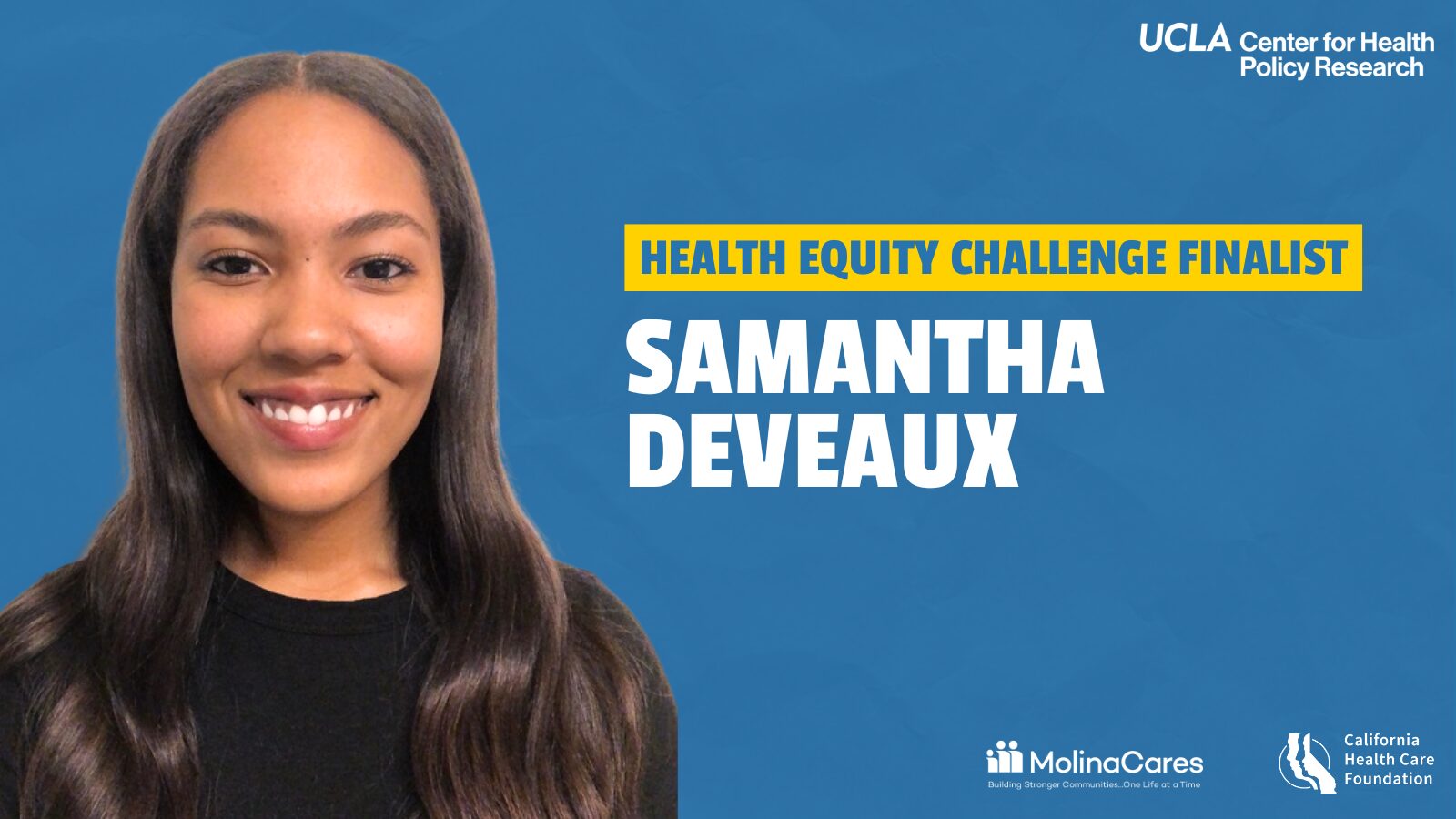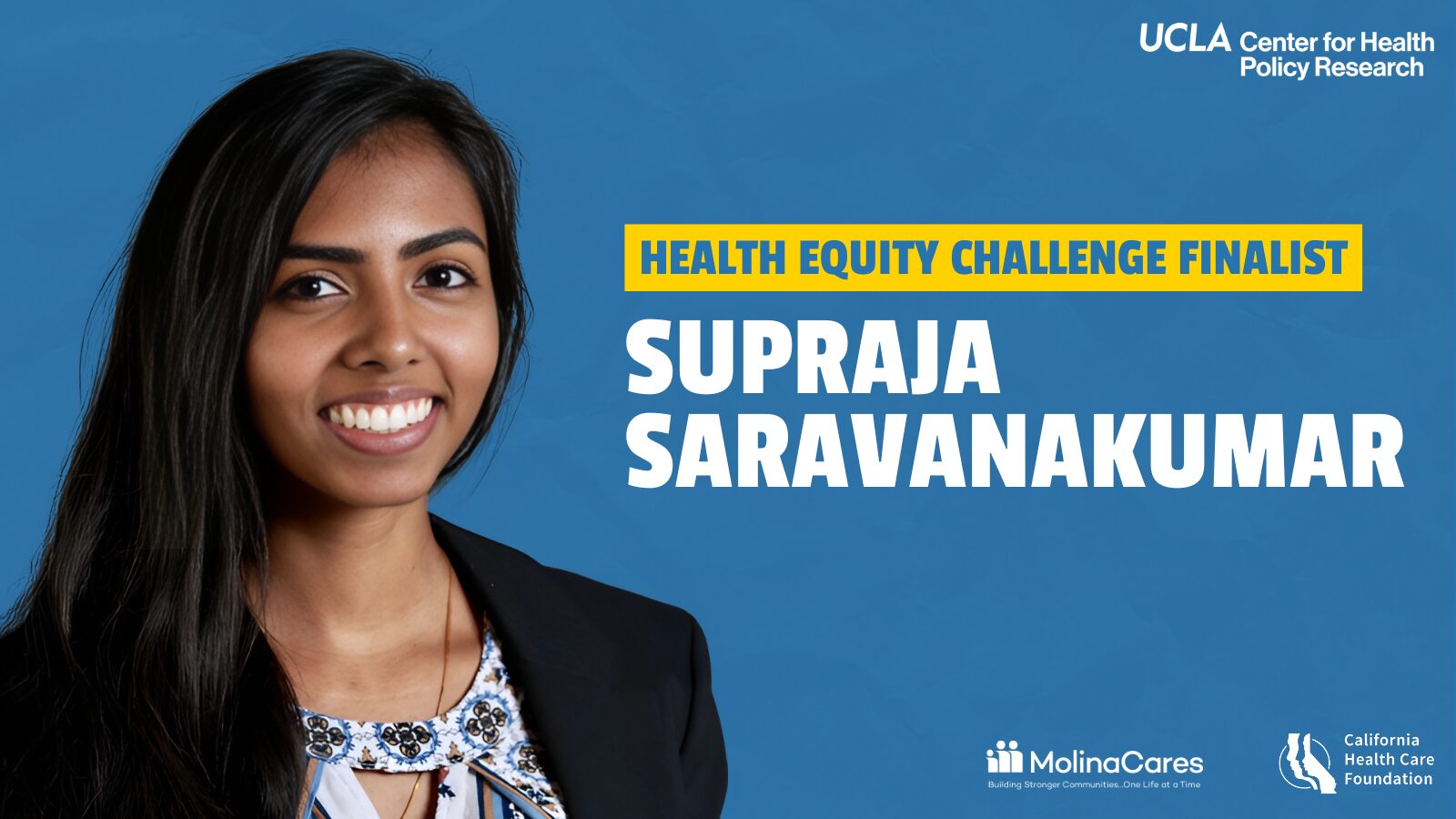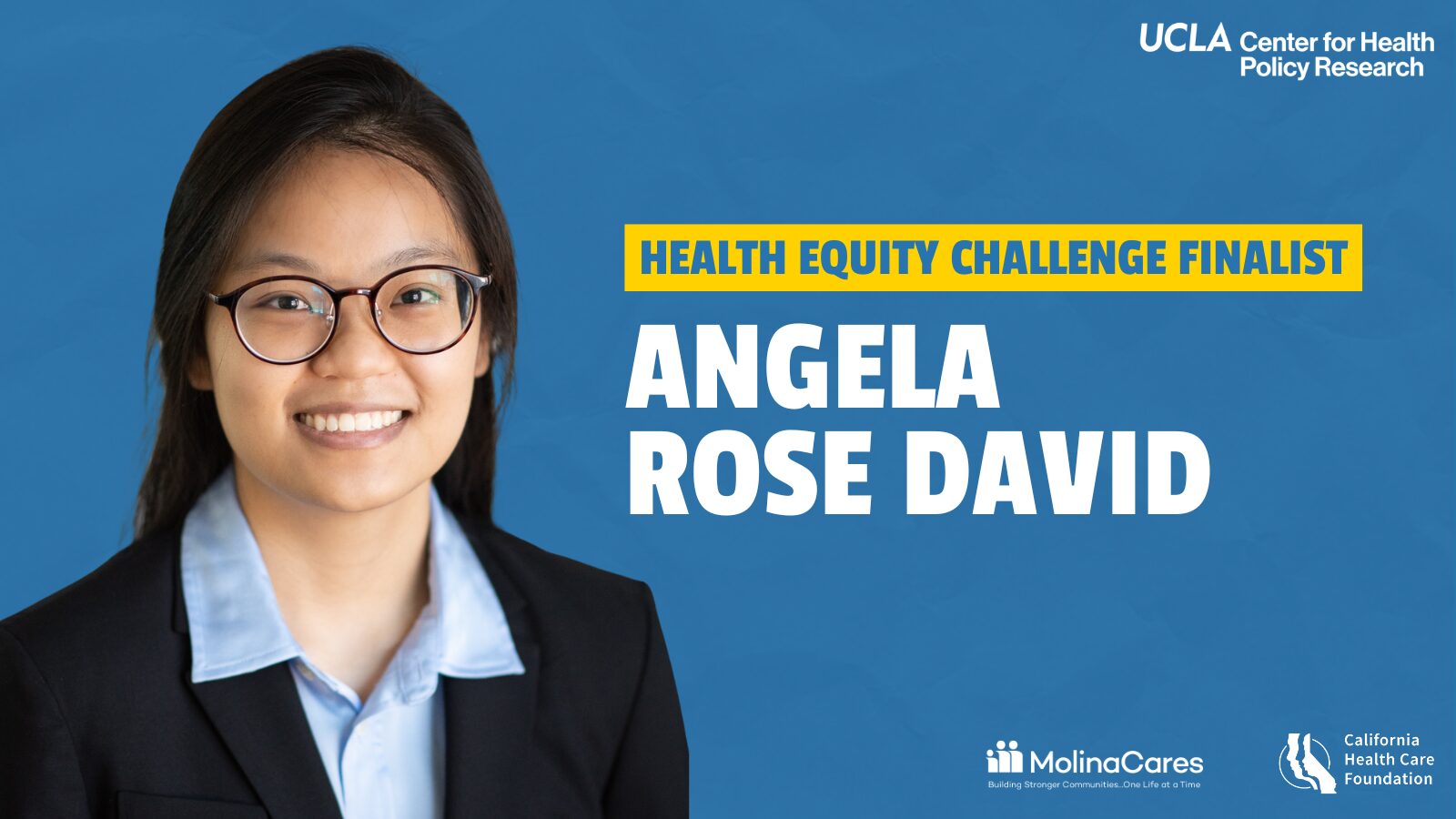
Steaming, juicy soup dumplings, spicy tender beef soup with thick knife-cut noodles, and refreshing iced boba milk tea with sugar adjusted so it’s not-too-sweet. These are some of the imagery that often pop into one’s mind when speaking about the San Gabriel Valley.
The San Gabriel Valley, however, is much more than just a hub of good Asian food — it is one of the largest Asian immigrant enclaves in Southern California with rich and vibrant cultures and traditions. Its community is about 30% Asian, more than double that of Los Angeles County as a whole, and 53% foreign-born, about 10% greater than L.A. County as a whole. Some refer to the San Gabriel Valley colloquially as “the SGV,” and others, as “the 626.” To me, I refer to the San Gabriel Valley as “home.”
Growing up in the heart of the San Gabriel Valley as the daughter of Taiwanese immigrants has profoundly shaped my life experiences and perspectives, inspiring much of my work within the health sphere. It has shown me the “peaks and valleys” so to say, such as the power of culturally sensitive health care as well as the various existing health disparities faced by my community.
Mental health is one of those disparities. A recent 2022 Community Health Needs Assessment by the Children’s Hospital of Los Angeles showed that the San Gabriel Valley had the highest rate (54.5%) of teens experiencing serious psychological distress in the past year in all of L.A. County. This finding is paralleled by studies that show that Asian American youth, especially immigrants and those with immigrant parents, have worse mental health outcomes, with disparities beginning at an early age. The most recent rise of anti-Asian racism during the COVID-19 pandemic has led to worsening trends. Potential contributing risk factors to such disparities include systemic issues such as barriers to access to care, racism and discrimination, and language barriers, as well as cultural issues such as culturally incongruent care and the stigmatization of mental health within several Asian cultures.
When the Health Equity Challenge offered me an opportunity to potentially address such a significant health problem in my community, I drew upon my past experiences during my brainstorming process: As an English teacher in a public Taiwanese elementary school through the Fulbright Program, I was shown how schools, education systems, and their resources can play critical roles in perpetuating or disrupting cycles of health inequity amongst young people. As a medical student, I gained more exposure to evidenced-based Traditional Chinese Medicine (TCM) and Integrative Health beyond the informal practices and traditions passed down to me through my grandparents, and learned more about culturally-tailored, culturally-sensitive health care. Finally, as a public health student, I learned about the importance of working closely with communities for mutual learning, collaboration, and empowerment in trying to address community health issues.
The combination of these experiences led me now to propose to develop, implement, and evaluate a program called MANTIS (Mental Health Approaches – INtegrative and Traditional Chinese Medicine Igniting Self-Efficacy): a culturally-sensitive and culturally-relevant mental health education curriculum grounded in Traditional Chinese Medicine (TCM) and Integrative Health practices for youth in the San Gabriel Valley. This curriculum aims to empower youth by sparking conversations around and teaching self-efficacy techniques for mental health, using principles such as acupressure, journaling, meditation, and qigong.
“Growing up in the heart of the San Gabriel Valley as the daughter of Taiwanese immigrants has profoundly shaped my life experiences and perspectives, inspiring much of my work within the health sphere. It has shown me the “peaks and valleys” so to say, such as the power of culturally sensitive health care as well as the various existing health disparities faced by my community.”
Though several general mental health curricula already exist, and though separate components of TCM have been used in an intervention setting to address mental health, to our knowledge this is the first that combines these components to create a comprehensive mental health curriculum for youth using TCM as a foundation.
We are excited to partner with the Asian Youth Center (AYC), a nonprofit organization located in the heart of the SGV dedicated to “empowering low-income, immigrant, and at-risk youth, of all communities, to overcome barriers to success.” In addition to other services, AYC runs a subsidized afterschool program for students throughout the SGV, where I personally spent time tutoring prior to my medical school training. We plan on collaborating with AYC to deliver this curriculum in their afterschool program, to enhance AYC’s current health curriculum and goals. Our ultimate goal is to make this curriculum stand-alone and widely available so that others may be able to use it.
Furthermore, through the Health Equity Challenge, I have had the great privilege of being mentored and guided by Dr. Priyanka Fernandes, a pediatrician and lifestyle medicine physician who directs UCLA’s Preventive Medicine Program and has extensive experience collaborating with community-based organizations on various public health initiatives, and Dr. Sara Ptasnik, a pediatrician and internal medicine physician who completed her Integrative Medicine Community Fellowship through the UCLA Center for East-West Medicine and currently uses TCM in her clinical practice and teaches qigong to students in the afterschool setting with Chinatown Service Center. Their expertise and guidance have been invaluable throughout this process, and I am incredibly grateful for their time and mentorship.
Ultimately, the Health Equity Challenge has provided us the opportunity to collaborate with local community organizations to carefully design a realistic intervention that we hope will increase cultural sensitivity and considerations in mental health education curricula and self-efficacy skills for mental health for youth populations in the San Gabriel Valley, with implications for applications to other communities across the greater Los Angeles County.

By Michelle Ko
2024 Health Equity Challenge Finalist
Michelle Ko is currently completing her MD and MPH at the David Geffen School of Medicine at UCLA and UCLA Fielding School of Public Health. Ko aspires to become a physician who will collaborate interdisciplinarily in public health through research and collaboration to increase cultural sensitivity and considerations for patient care and to further expand access to health education and care.
continue reading
Related Posts
Coming from a low-income community of color, I personally witnessed how generations of systemic racism and economic corruption have led to a powerful mistrust in the health care system.
Postpartum depression (PPD) is a silent struggle for many new mothers, but for South Asian women, cultural stigmas and generational pressures often exacerbate this already challenging condition. As a woman of color and a first-generation college graduate, I have walked a path shaped by the nuances of both my cultural heritage and my academic pursuits.
The scent of antiseptic and tapioca pudding wafted through the air. Placing the empty food tray on my borrowed cot, I glanced around my grandparents' shared room. Clunky metal beds, a suitcase full of clothes, and a bulletin board on the wall filled with doctor notes and medication lists.



